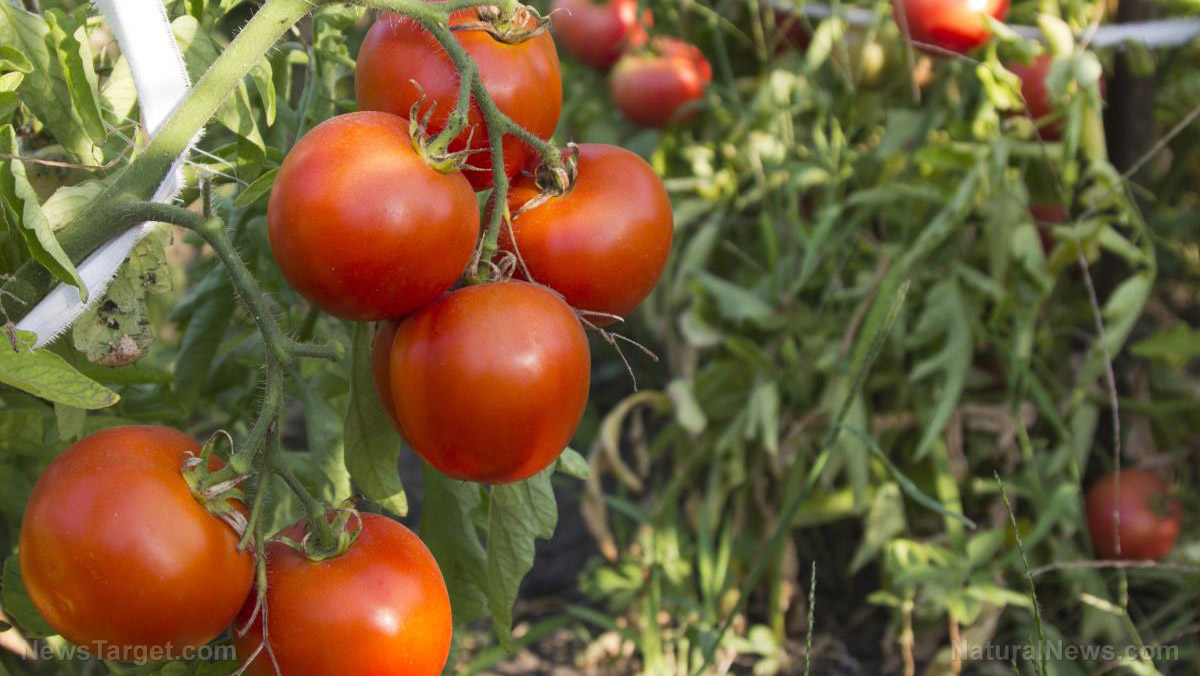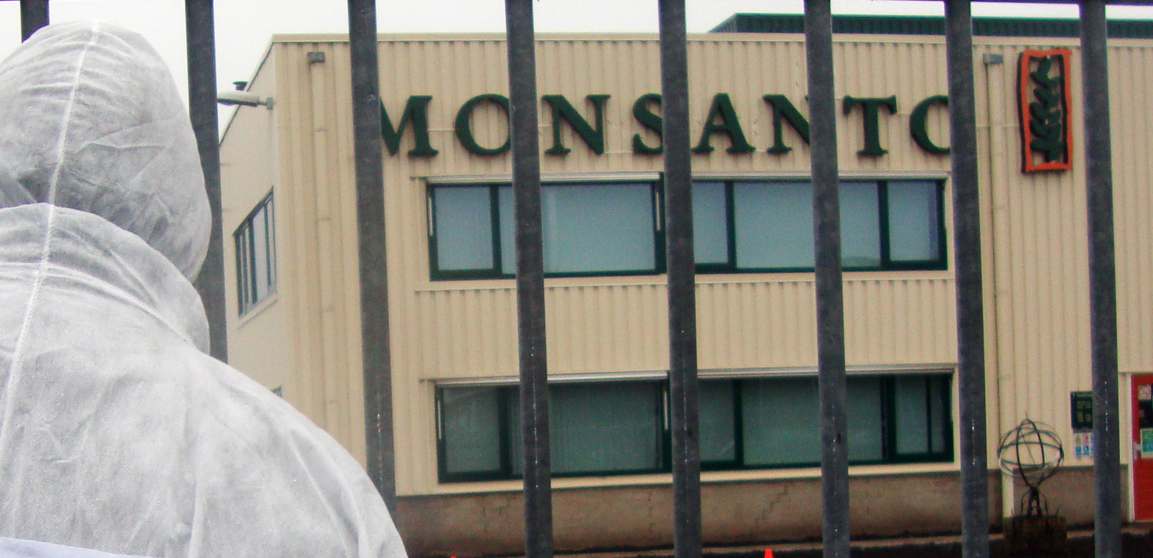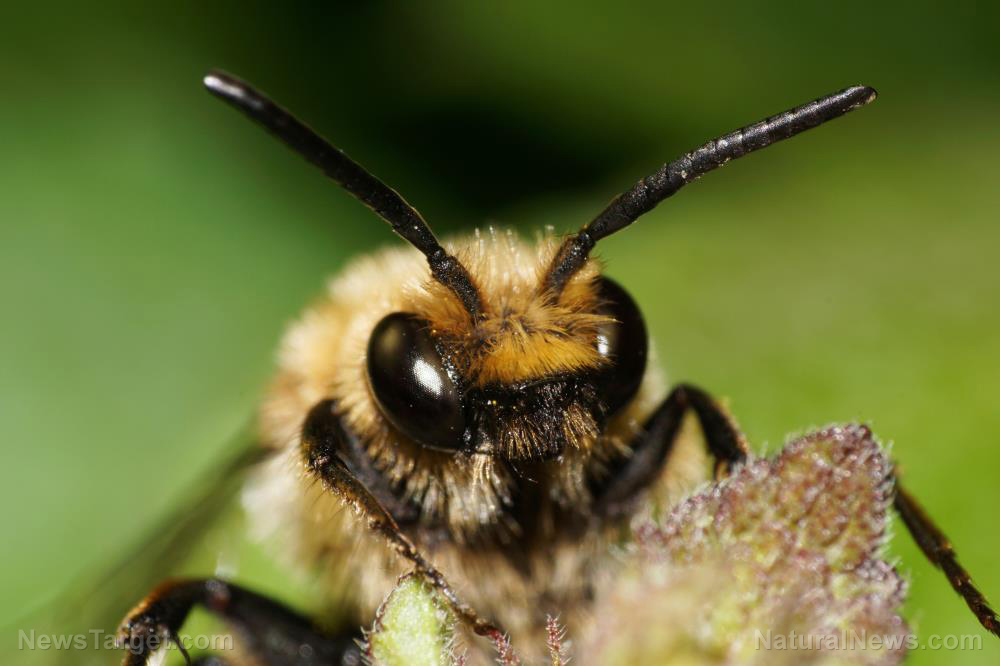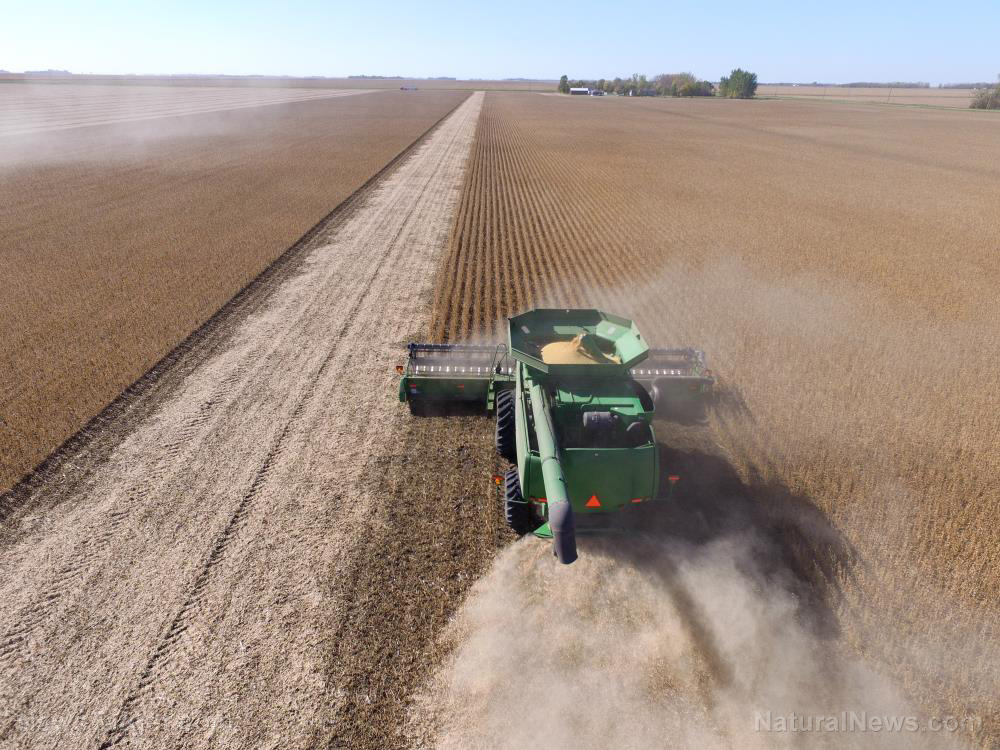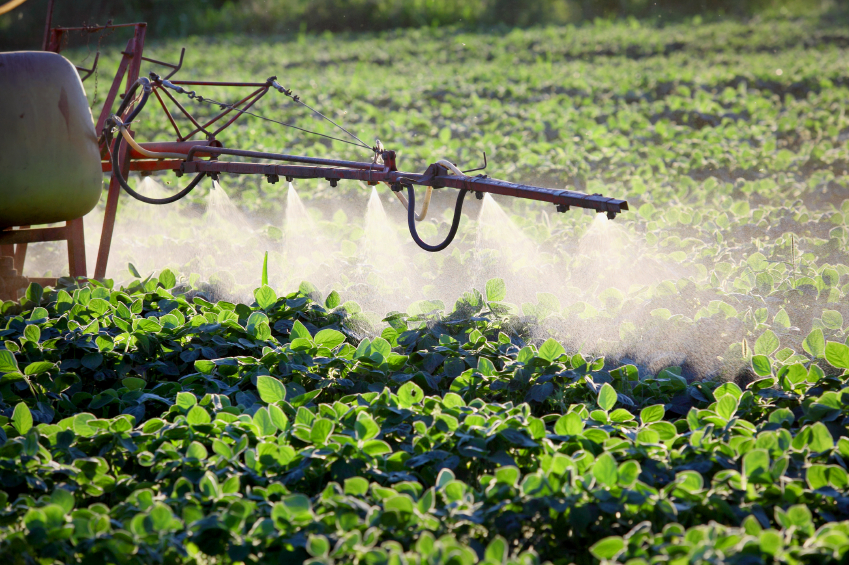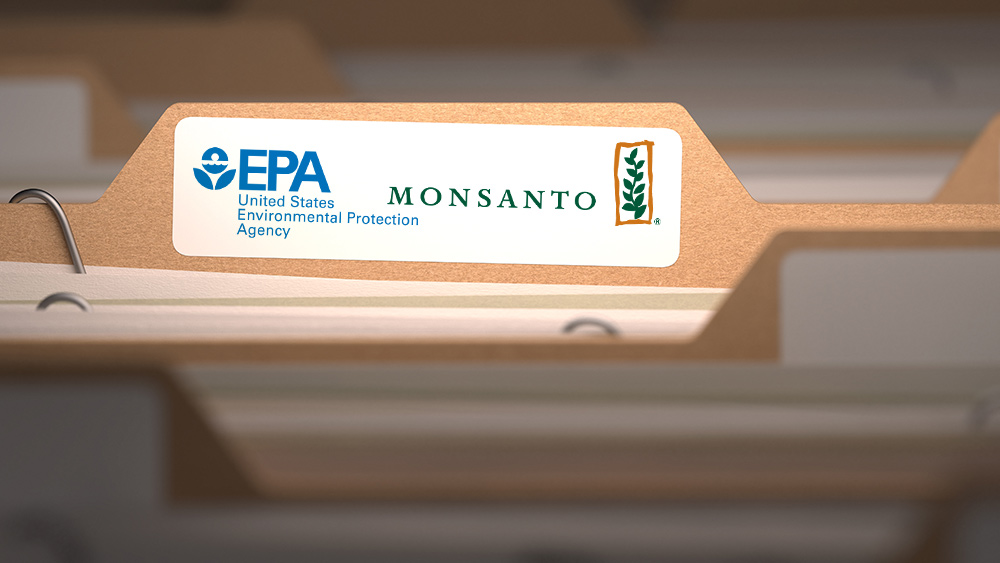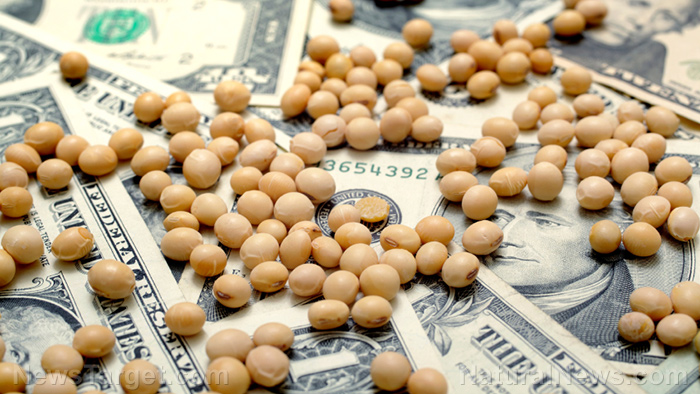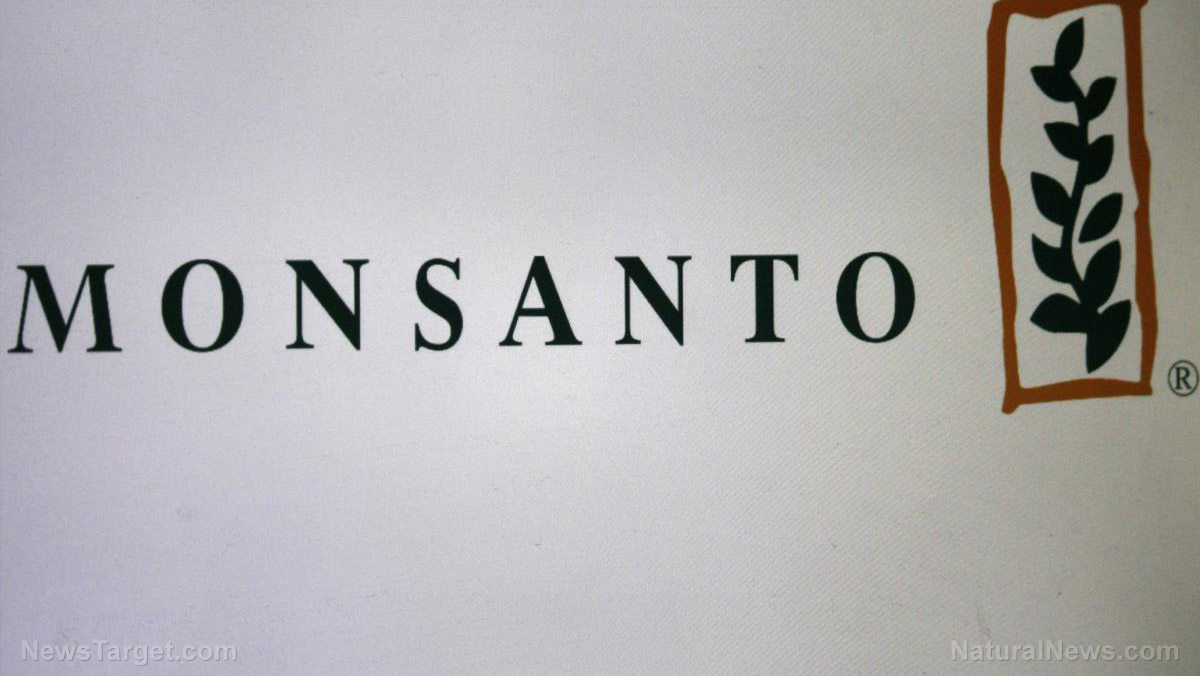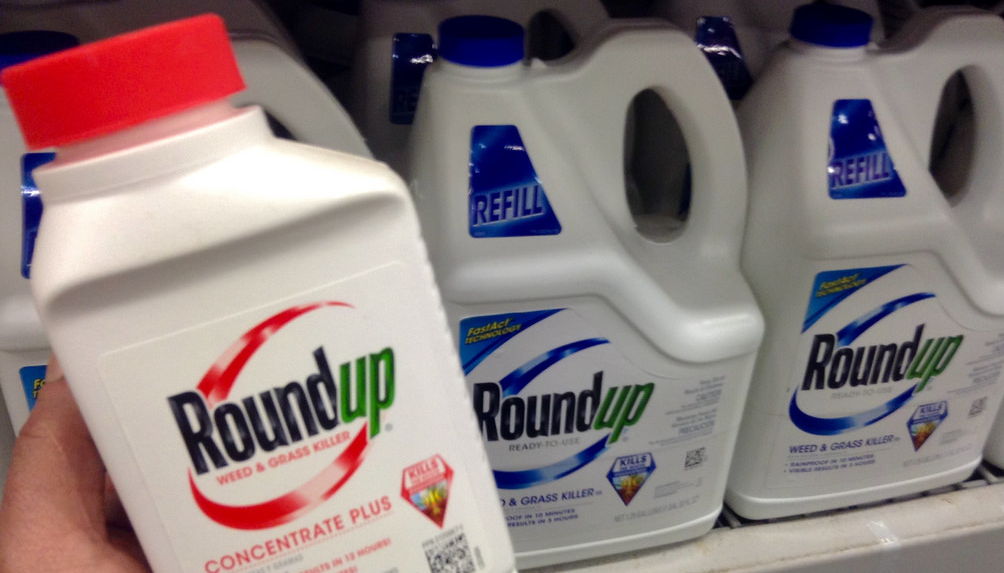Why is the Trump administration using billions in taxpayer dollars to subsidize GMO agriculture?
08/12/2018 / By Tracey Watson

When President Trump first took office, there was renewed hope among anti-GMO activists that he would take positive action to curtail the $350 billion-a-year biotechnology industry. After all, both on the campaign trail and for the first 353 days of his presidency he never mentioned the words biotechnology, CRISPR, eugenics, gene therapy or embryo editing. It seemed, in fact, like things were about to change.
The bubble burst on that dream back in January, however, when President Trump addressed a crowd in Nashville, Tennessee, and spoke positively about biotechnology and its uses in agriculture.
“We are streamlining regulations that have blocked cutting-edge biotechnology, setting free our farmers to innovate, thrive, and to grow,” Trump said at the time, according to MIT Technology Review.
The president also went on to abolish USDA rules that would have imposed strict regulations on the use of CRISPR gene editing technology, approving new potatoes, mushrooms and apples created using that technology.
It should perhaps come as no surprise, then, that the Trump administration just announced $12 billion in aid to conventional farmers – particularly soybean, cotton, dairy, corn and hog farmers – to offset the effects of his international trade war.
Almost everyone thinks this is a bad idea
As reported by NBC News, the administration proposes to deliver this massive amount of taxpayer-funded aid to farmers in three ways:
- Soybean, dairy, cotton, corn and hog farmers will receive direct funding;
- The government will implement a food purchasing program whereby it will buy up surplus beef, legumes and other produce; and
- A trade promotion program will be implemented.
Why, exactly, is this relief needed? In the last couple of weeks, members of the Iowa Corn Growers Association met with policymakers in the government to express their concerns about remaining solvent should President Trump continue his trade war with other nations, which has caused the prices of many crops to bottom out. This is a concern that has been expressed by many other parties as well, and one that has been echoed by the manufacturing and energy sectors.
While some farmers have expressed gratitude for the administration’s stop-gap funding, policymakers from both political parties have expressed concerns about its sustainability.
“You have a terrible policy that sends farmers to the poorhouse, and then you put them on welfare, and we borrow the money from other countries,” Senator Bob Corker, Republican of Tennessee, noted. “It’s hard to believe there isn’t an outright revolt right now in Congress.”
Extra funding to boost production of dangerous foods
There are sound reasons to be concerned about extra funding being granted to promote GMOs. Countries across the world are banning biotechnology, recognizing that it creates environmental and human health concerns. Study after study has raised real concerns about the long-term effects of consuming genetically modified foods.
An Italian study published in the Journal of Small Ruminant Research, for example, found that pregnant goats fed with genetically engineered (GE) Roundup-ready soybeans had offspring who grew more slowly and were shorter than other kids. The research team found that milk from the GE-fed mothers was significantly less nutritious and contained fewer of the antibodies essential for early growth. Roundup-ready soybeans are among the most widely grown in the world. (Related: Soylent food bars, “proudly made with GMOs,” causing stomach problems, vomiting and diarrhea.)
Soybean farmers will benefit handsomely from President Trump’s “handout,” but what will the effects be on the children born to mothers who eat GMO soybeans and other produce while they’re pregnant? Only time will tell.
Discover the truth about biotechnology and its dangerous long-term effects at GMO.news.
Sources for this article include:
Submit a correction >>
Tagged Under:
agriculture, aid to farmers, Big AG, Big Biotech, conventional farming, dangerous chemicals, disease causes, Donald Trump, environment, farmers, food supply, GMO, GMOs, organics, President Trump, toxic ingredients, trade war, trade wars, Trump administration
This article may contain statements that reflect the opinion of the author
RECENT NEWS & ARTICLES
COPYRIGHT © 2017 MONSANTO NEWS



